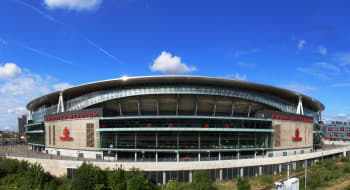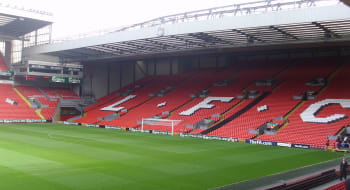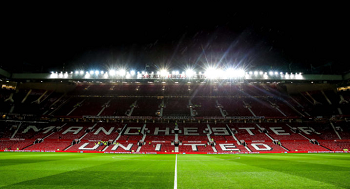Montenegro, a relatively young national team, has quickly developed a strong footballing identity. The country, which gained independence from the State Union of Serbia and Montenegro in 2006, began its journey in international football as a separate entity. Despite its small size, Montenegro has made a notable impact in European football, often punching above its weight. The team’s early years were marked by strong performances in European qualifiers, and they have shown their capability against some of the continent's top teams.
Montenegro's biggest achievements include qualifying for the UEFA European Championship for the first time in their history. Their performances in qualifying campaigns have often been impressive, with the team showing great resilience against some of the bigger European nations. While the national team has yet to win a major tournament, their consistent performances have made them a respected side in the region.
One of the most memorable moments for Montenegro came in 2010, during the qualification campaign for the 2010 FIFA World Cup. Despite not qualifying, they achieved a famous 1-0 victory over England in a thrilling match. The victory was a testament to the team's strength, especially given that they had only recently become a fully independent nation in the footballing world. This match remains one of the high points of their footballing history.
Matchday Atmosphere
The atmosphere at Montenegro’s home matches is nothing short of electric. The Montenegrin fans are known for their passionate support of the national team, creating an intense and vibrant environment at the Podgorica City Stadium. The fans are incredibly loyal, often singing traditional Montenegrin songs and chanting throughout the match. The energy is palpable, with the stadium echoing with the cheers of the “Varvari” (the Ultras), a dedicated fan group. When the national team plays, the entire country seems to come together, united in support of their team.
Ticket Demand Insights
Ticket demand for Montenegro's home games is consistently high, with supporters eager to watch their national team in action. Matches against top European teams often see a surge in ticket sales, especially when they are fighting for qualification in major tournaments. As Montenegro continues to improve, international ticket demand is also growing, with fans from around the world keen to attend their matches. Weekend games, especially those held in the qualifying stages of major tournaments, usually sell out quickly.
In major international competitions, such as the UEFA European Championship or FIFA World Cup qualifiers, ticket demand skyrockets. Fans from all over the world flock to watch Montenegro, eager to witness their team's progress and historic performances.
As a relatively young team, the future looks promising for Montenegro, and as they continue to develop, the atmosphere around their matches and the demand for tickets will likely continue to grow.
The price for Montenegro tickets depends on several factors including the opponent, the date, whether it's home or away, and the competition.
The average ticket price is
237
while the cheapest price is 60 .








